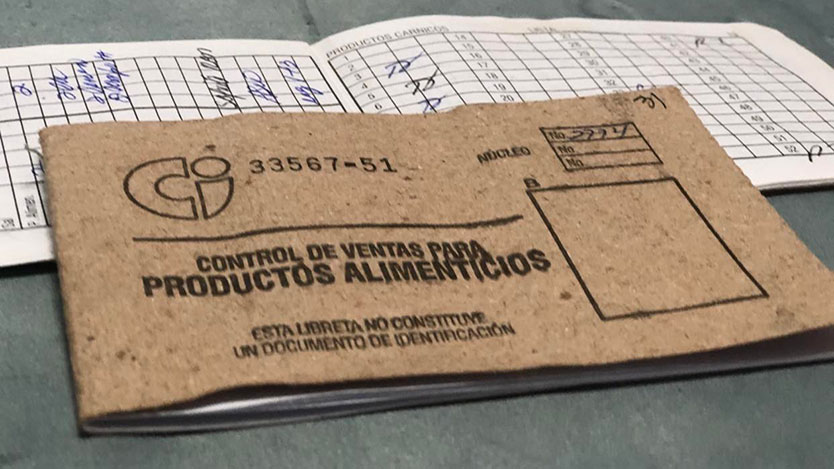
It is not a minor fact, although the number of 296 nuclei in Ciego de Ávila could benefit from the new instruction from the Ministry of Internal Commerce (MINCIN), which offers the possibility of breaking down supply books for nuclei of 10 or more consumers.
In practice, there would be more than 3,000 Ciego de Ávila citizens who today see limited access to regulated or controlled products, facilitated taking into account the composition of the nucleus, but which in many cases still forces -in good Cuban- the little is distributed among many.
The official MINCIN website itself speaks of "facilitating access", so starting this week the procedure is made official in all municipal Consumer Registration Offices (ORC), to which only the head of the nucleus would have to go and request the breakdown.
According to that Ministry, the elements to take into account are "having a family nucleus made up of 10 or more consumers and agreeing to make the breakdown, since the division is not mandatory."
The instructions detail that the nuclei integrated by between 10 and 14 consumers, may constitute another, in addition to the existing one; those from 15 to 19, three, including the one they owned; and those with 20 or more consumers, may be broken down into up to 4 cores, adding the one they already had.
In the province, of some 171,000 nuclei, only 296 meet these requirements (the majority of the main municipality, with 132), which is why Ariel Basilio López Camejo, MINCIN state representative in the territory, considers that the process should go smoothly. "It is enough that the head of the nucleus go to the so-called Oficodas and request the breakdown."
Invasor tried details at the ORC, an appointment in Maceo, between República and Cuba streets and, given the refusal of its director to offer statements to the press, it was not possible to illustrate there the progress of an expected process that, however, would have to be put in the context of other expectations.
At the end of February, some 30,000 tickets had been awarded here to nuclei without a supply booklet and, therefore, they cannot be broken down either, Ariel Basilio says. In this way, access is guaranteed to some consumer goods that, we know, do not come close to real demand.
In that limbo of legality, 90,000 people from Ciego de Ávila could be trapped ―if we assume groups of three people―. Homes that today do not have the property title, even though an agreement of the Council of Ministers, in 2019, gave a margin of six years, until 2025, to legalize homes "without observing the formalities in their construction, as long as they comply with the territorial and urban regulations”.
And one thing leads to the other; or, actually, it doesn't.
Before we assumed "in order to register in the Offices of the Consumer Registry it is mandatory to present the ownership of the home" and that in such a chain of procedures, even the attempt to update the address on the identity card was hindered, another requirement, and access a stamp of 5.00 pesos, for example.
Although we also held that the procedures at the offices of the National Institute for Territorial and Urban Planning were not advancing at the expected pace and that, therefore - now yes - one thing led to another: consumers, without a passbook, are still waiting.
The 296 nuclei that can currently be broken down into new, more equitable supply books show progress, but the regulated family basket is still not the norm for thousands of others.




